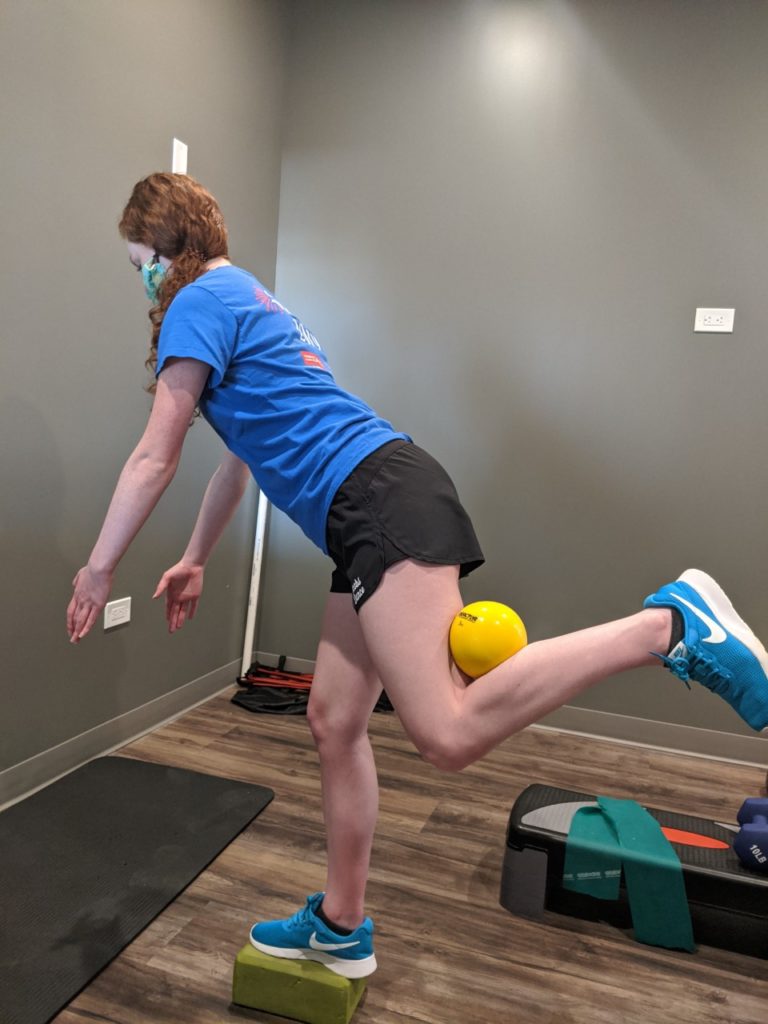
The single most important part of my job is helping individuals take ownership and develop self-efficacy in their recovery journey. Yes, reducing pain through hands on work matters. Improving functional strength matters. Improving patient’s awareness and perception of their pain matters. However, most importantly, one’s ability to execute actions to deal with their current dysfunction and or pain is self-fulfilling and longer lasting.
Physical Therapist are good at giving homework. We are good at making you think about movement, what dysfunctions are present in your movement, and what you can do better. We ask hard questions. We are discouraged with you when something happens to alter progress during the off days. We challenge you to take ownership in being better movers and staying disciplined on the path of recovery. Without asking those challenging questions or creating an environment that allows ownership in the process, the long-term recovery never happens.
As much as we would love to see out patient’s life long, the reward is when they have graduated to managing their own symptoms and dysfunction independently. We teach our patients new tricks to help when muscles get tight and discomfort sets in. We love even more when they come back and say it worked! We set realistic expectations that some pain is normal along the way but your mental attitude, discipline, and understanding of the symptoms will help you achieve success in recovery.
The most challenging part of developing self-efficacy is the investment. There is no quick fix, no magic potion, or pill that can make 20 years of gravity fighting dysfunction and movement disappear. Making overall health outcomes requires discipline, patience, attention, and time.
The commitment is not only to PT but to managing stress, sleep, nutrition, exercise, and creating good movement habits to offload the stressors of daily activities. Pain most certainly does not mean do not move or exercise. It is our role as healthcare providers to help you pick the right exercises or modifications to limit continued aggravation in the presence of pain. Good nutrition helps with recovery and decreases inflammation associated with pain. Poor sleep habits decrease one’s ability for performance, decreased time for recovery, and decreased mental focus.
Recap:
1. Develop self-efficacy in your own recovery
2. Develop good daily structure to help you manage your time to achieve your goals
3. Have a PT or Coach direct you in exercises and rehab that allows progress in sight of pain or dysfunction
4. Promote good healthy nutrition and sleep habits
5. Do not rely on others to pave the way for your success rather use them to guide and mentor you to achieving success on your own